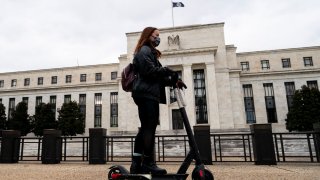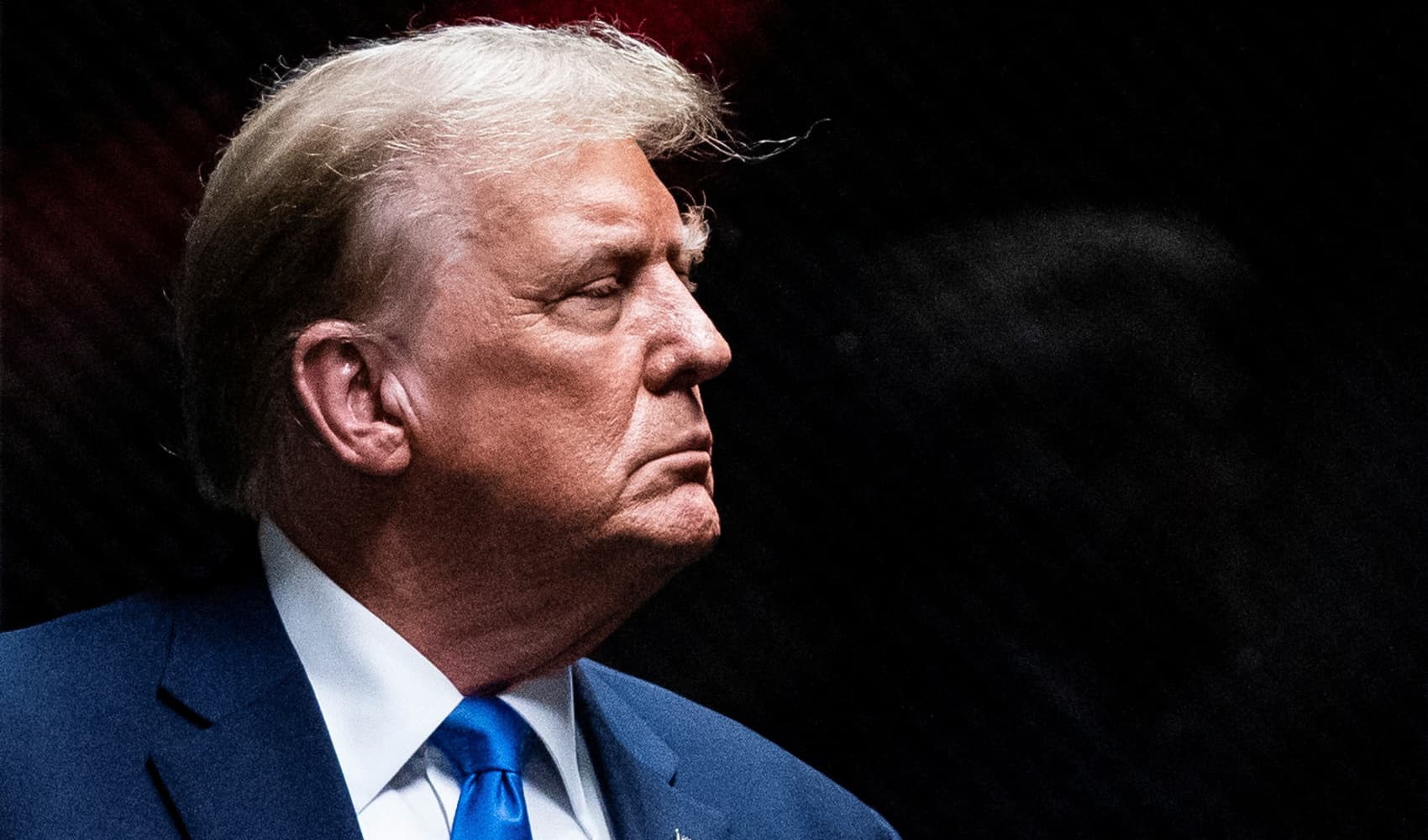
Don't rule out a 10-year Treasury Note yield as high as 2.25% this year.
That's the message from Wells Fargo Securities' Michael Schumacher, ahead of Wednesday's Federal Reserve interest rate decision.
"The fiscal stimulus is enormous, and the vaccine rollout seems to be accelerating quite a bit — not just here in the U.S.," the firm's head of macro strategy told CNBC's "Trading Nation" on Tuesday. "A lot of things are coming together to push yields up."
Get Connecticut local news, weather forecasts and entertainment stories to your inbox. Sign up for NBC Connecticut newsletters.
Yet, Schumacher said his firm doubts Fed Chairman Jerome Powell will show immediate concern.
"He's been pretty sanguine about the whole increase in yields. We think he'll maintain that stance tomorrow," he said. "Our view at Wells Fargo is he will not really try to slow it down."
Instead, Schumacher said he expects Powell to link rising yields to a vote of confidence in the economic recovery and to indicate it's a catch-up move for having low inflation for such a long time.
Money Report
"The world has never seen a coordinated reopening like this, ever. Not even after World War II," said Schumacher. He said he thinks Powell will signal a willingness to let inflation run above its 2% target for "awhile."
In December on "Trading Nation," Schumacher predicted Covid-19 vaccines would dramatically boost confidence and lift Treasury yields in 2021. So far this year, the benchmark 10-year yield is up 77%. On Tuesday, it closed at 1.62%.
"Yields began this year — if you focus on the 10-year Treasury — just north of 90 basis points. It's up about 70 basis points this year," he noted. "So, 1.75% to 2%, I would say, pretty quickly could happen."
By next year, Schumacher said, the yield could blow past 3%. That level could prompt the Fed to lift rates sooner than Wall Street anticipates: 2022 instead of 2023, he said.
"The biggest risk ... is people underestimate the amount by which the economy bounces back," Schumacher said. "Maybe we're all actually a little too conservative."






